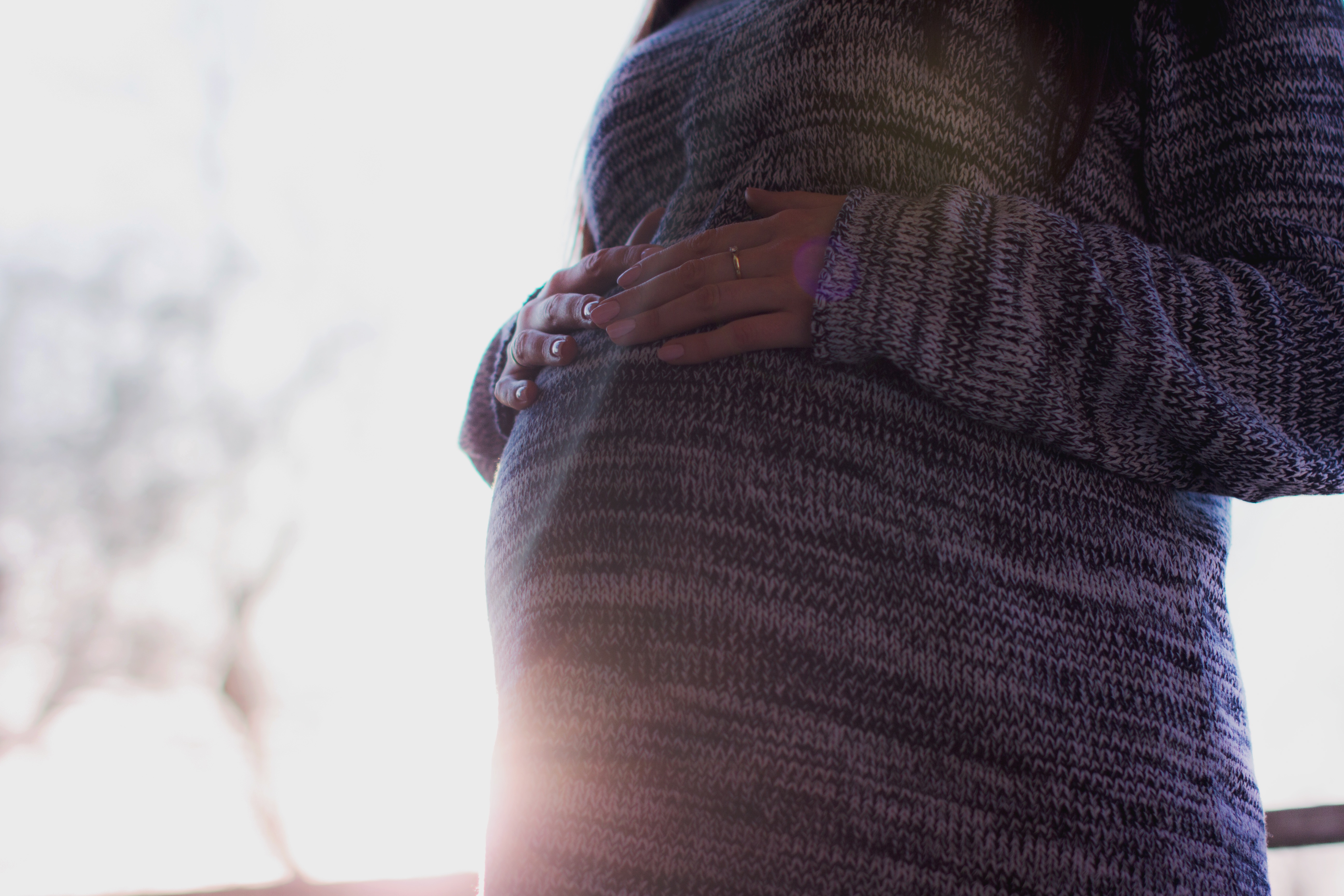Originally published in the NZ Herald, 2 June 2016
Margaret Wong is a practising midwife who has also been a neonatal intensive care nurse and Plunket nurse during the past 40 years.
Lizzie Marvelly is right; every woman should be able to make her own choices. Certainly in New Zealand, we have more choices than in any other time in history. New Zealand is probably one of the easiest countries in the world to get an abortion, where two doctors only have to agree that continuing a pregnancy is a danger to a woman’s mental or physical health. When presented with a distraught woman, this is an easy decision for doctors who believe that abortion is the right solution for her.
However, in a system where there is no independent counselling, very limited information given about the risks of this medical procedure or future health risks to the woman, and no cooling off period for a woman to go away and weigh up her choices (which may be to keep her baby or indeed to return for an abortion), what kind of “choice” are women really making? Surely any real choice is one that is fully informed? Indeed in health care delivery, informed consent is mandatory.
Moreover, the “choice” to have an abortion always involves more than just the woman’s body, it also involves the life of the baby she is carrying.
As Marvelly says, midwives are dedicated entirely to supporting women. We are also dedicated to making sure their babies are cared for during the pregnancy, birth and after birth for several weeks. Being responsible for assisting in bringing a new life into the world is the most incredible thing that anyone can be a part of. On the reverse side, caring for women who are having a miscarriage or stillbirth is the most tragic.
Is Marvelly proposing that our laws should be changed to allow women to have abortions at any stage, for any reason? If I were faced with a woman who wanted an abortion beyond say 24 weeks gestation, possibly up to term, outside the exceptions in our current laws, simply because it was her “right to choose”, I know I could not take part in this procedure and I am not sure any of my midwifery, obstetric or neonatal colleagues could either. These are babies who would almost certainly survive with the assistance of our very skilled neonatologists and neonatal nurses.
To think that in one hospital room there could be a woman having a premature birth, where the neonatal and maternity staff are doing everything to make sure that her baby has the optimum care, and in the next room there could be a woman having an abortion at the same gestation is nonsensical. Without the protection of the current law the baby in the second room would either have to be killed in utero or somehow killed just after or during an induced labour. Like the hundreds of midwives currently opposing such a law change in the UK, I really can’t imagine how anyone in this 21st century could be party to that scenario.
Marvelly also noted that an abortion is a basic medical procedure, but this is not necessarily true. Not every woman can have an anaesthetic, go to sleep, then wake up and it is all over. Many have to be induced to go through labour and give birth. Induction has many risks for the woman at any gestation and is not done lightly.
So before we all get on our soapboxes and demand abortion at any stage of pregnancy for any reason, “let’s be careful what we wish for”.
Instead, why don’t we put more resources into educating young women and men about how to respect their bodies and make better choices about their sexual behaviour? Let’s make sure women have the support they need when facing a difficult or unplanned pregnancy. And perhaps let’s also think about all those childless couples who would give anything for a child of their own if there were children available for adoption.
But most importantly, let’s give women who are facing a difficult or unplanned pregnancy enough information about the risks to their future mental, physical and reproductive health, the development of their baby and the support available to them, so they can at least make an informed choice. And please do not ask health professionals who have spent their lives nurturing and protecting life to end the lives of viable babies.

